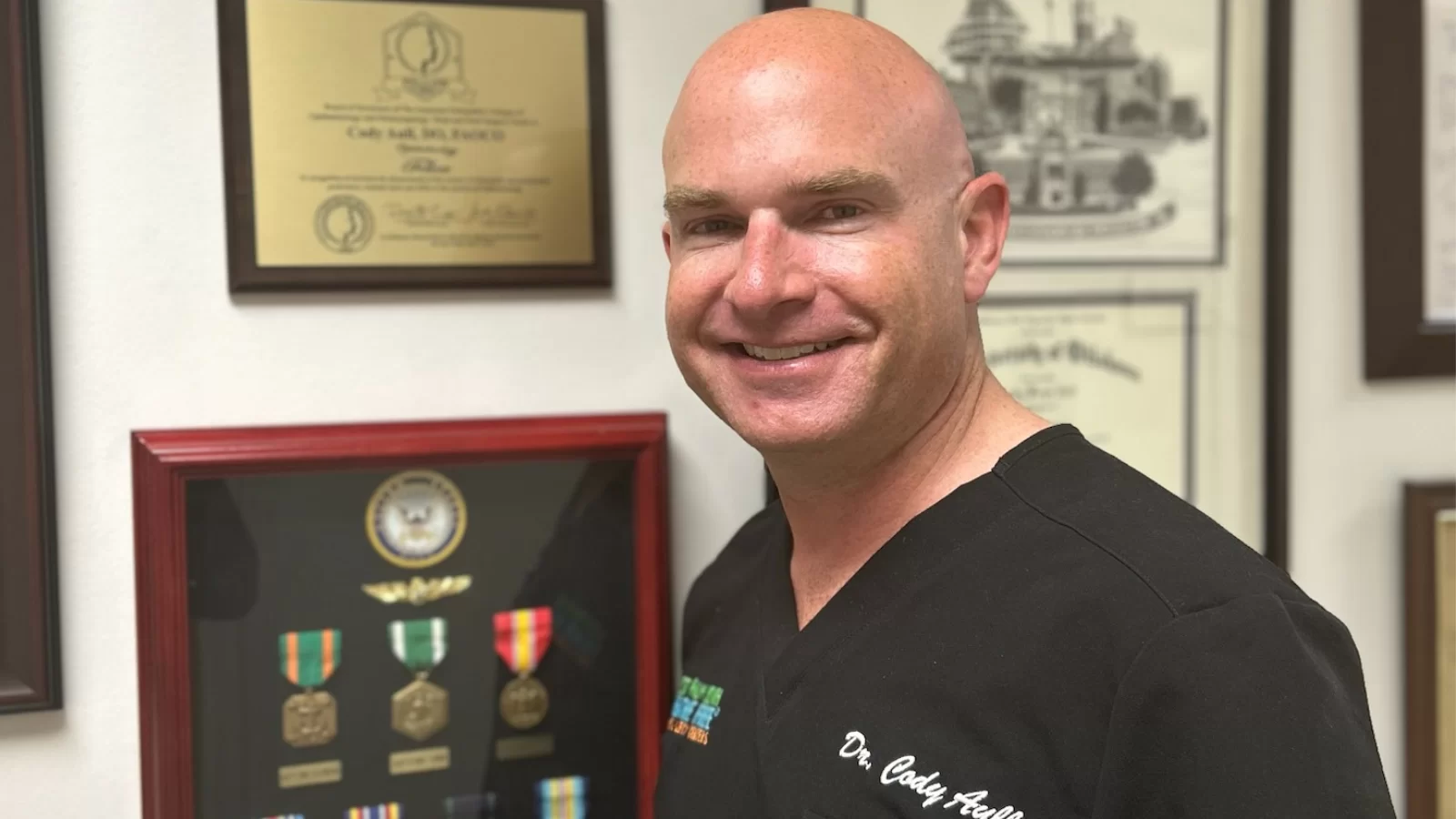Dr. Cody Aull | West Palm Beach Breathe Free
Dr. Cody Aull | West Palm Beach Breathe Free
- Statistics show that approximately 50 million Americans grapple with allergies every year.
- Sinusitis occurs as a result of inflammation in the sinuses, while asthma involves inflammation in the airways.
- Many people who have asthma also have chronic problems with the nose and sinuses.
"There are studies that correlate breathing with everything; it's just a given. I hate to make blanket terms, but if you've got asthma, then ‘You've got sinus problems’ is pretty much the knee-jerk action," Dr. Aull told South Palm Beach Today. " If you've got asthma and nobody's taking care of your sinus problems, it’s pretty much a given that you're not getting full-quality care."
According to the Asthma and Allergy Foundation of America (AAFA), approximately 50% of people who have moderate to severe asthma also suffer from chronic sinusitis. Asthma and allergies can both cause sinusitis.
Many people with asthma also struggle with allergies, and allergy triggers can potentially set off asthma symptoms, according to the Mayo Clinic. When the immune system confronts allergens, it releases chemicals that can cause symptoms like a runny nose, congestion, or skin reactions. These reactions can impact the airways, consequently triggering asthma symptoms. Allergy treatments such as immunotherapy gradually diminish the body's response to allergens, leading to a reduction in asthma symptoms over time.
People who suffer from allergies or chronic sinus problems are more likely to breathe through their mouths, according to McCarl Dental Group. Mouth breathing can result in decreased saliva production, which then allows bacteria and plaque to build up on the teeth. This buildup can lead to cavities, gum disease, and chronic bad breath. Furthermore, habitual mouth breathing may contribute to long-term complications such as strained jaw joints, snoring, sleep apnea, enlarged tonsils, and an elevated susceptibility to airway disorders like asthma.
In 1984, the AAFA proclaimed May as National Asthma and Allergy Awareness Month, recognizing it as a peak month for individuals affected by asthma or allergies. According to the AAFA, more than 27 million people in the U.S. struggle with asthma, 20 million people suffer from food allergies, and 81 million people have hay fever. The theme of this year's Asthma and Allergy Awareness Month is “empowering individuals, families, and the community to save and improve lives for people with asthma and allergies.”
Dr. Cody Aull earned his Doctor of Osteopathic Medicine degree from the University of Health Sciences/Kirksville College of Osteopathic Medicine in Missouri, according to West Palm Beach Breathe Free's website. Following that, he finished his residency in otolaryngology and surgery, which included an ENT internship, at Northeast Regional Medical Center in Missouri. He has also served as a flight surgeon in the U.S. Navy.





 Alerts Sign-up
Alerts Sign-up